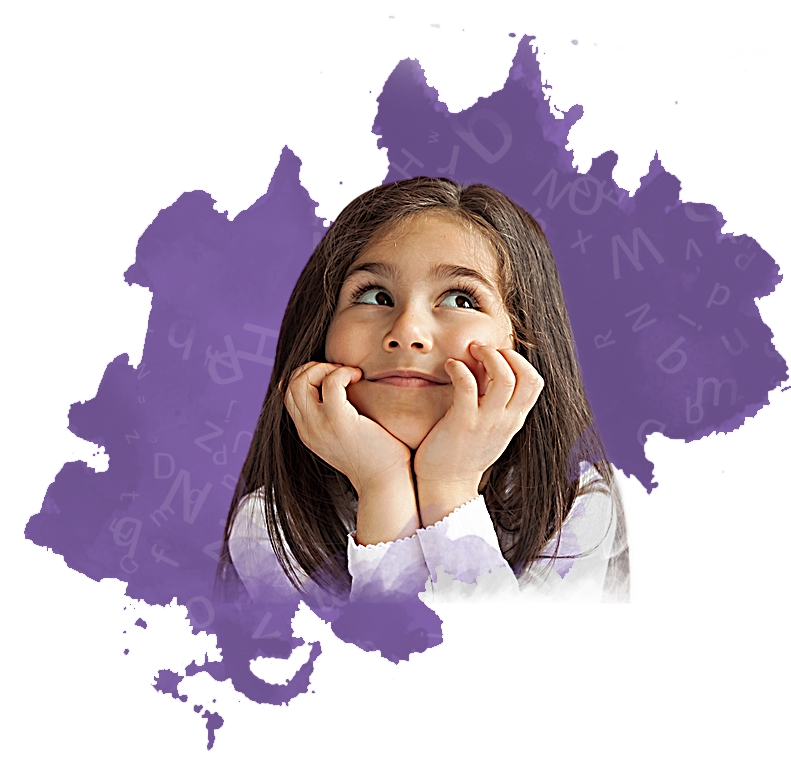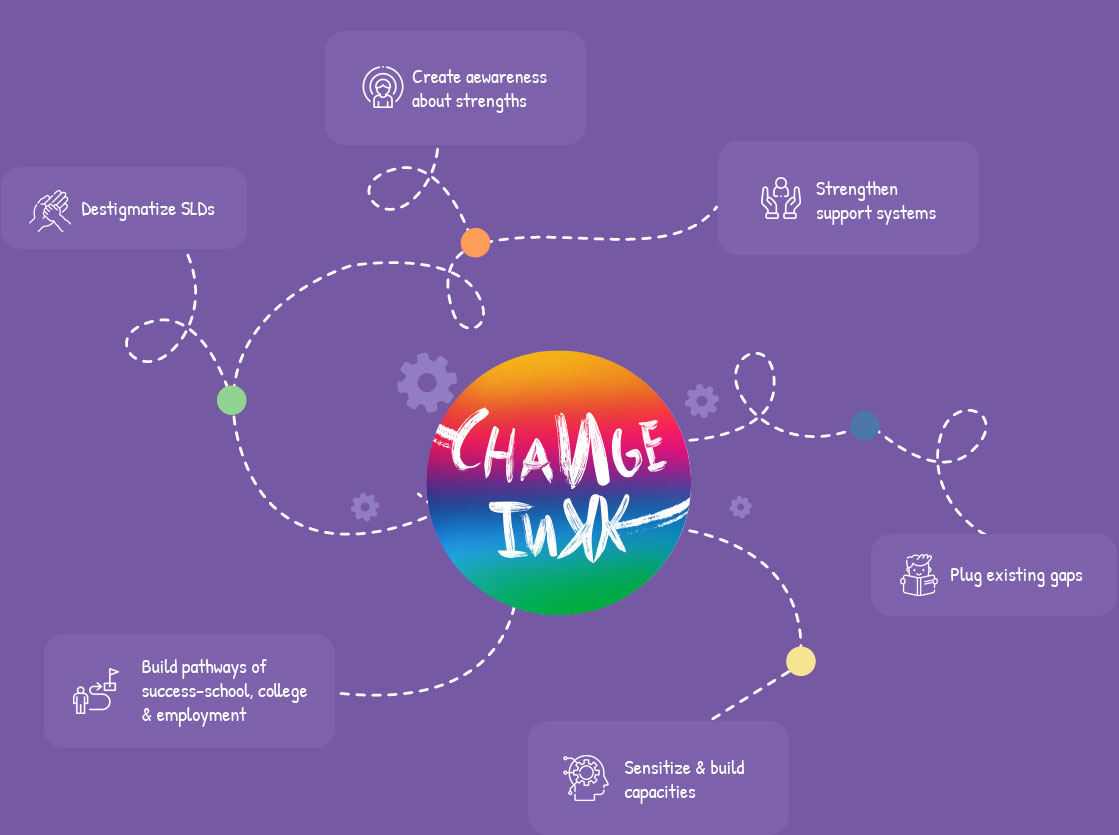Are a set of neurodivergent conditions that impact the way individuals process information and learn. They include Dyslexia, Dyscalculia, Dysgraphia, along with Dyspraxia. Individuals with LDs have average or above average IQ- but struggle with processing language, spoken or written, which may manifest itself as a difficulty to comprehend, speak, read, write, spell, or to do mathematical calculations.
Most individuals with SLDs suffer silently. As a result, they are judged for their struggles in reading, spelling, writing, accused of being lazy, “unintelligent”, incompetent, shamed for their poor academic performance, untrained teachers often are the worst culprits. However, they have many strengths including the ability to think creatively, laterally, with a multi-sensory lens, often coming up with out of-the-box solutions.
These strengths are collectively often known as “dyslexic thinking”. Global studies have shown that the percentage of students with Dyslexia in fields such as engineering, arts, and entrepreneurship are over twice the percentage of individuals with dyslexia in the general population.




In fact, if something has changed the world, there is a high probability that there is a dyslexic mind behind it. This unique perspective challenges conventional notions about the link between academic abilities and intelligence, as seen in the achievement of dyslexic minds like Albert Einstein, Henry Ford, and Steve Jobs.

of and access to support systems are critical to determine
how an individual succeeds in their life.


the needle for 200 million* Indians, of which 35 million are students.
